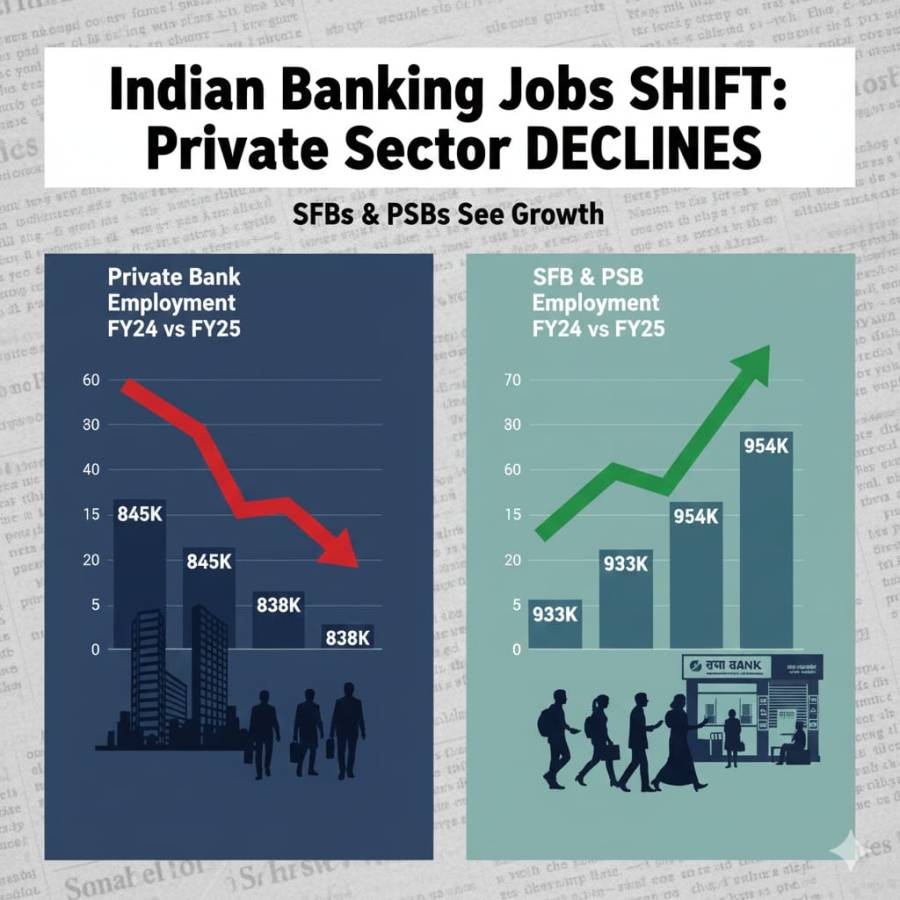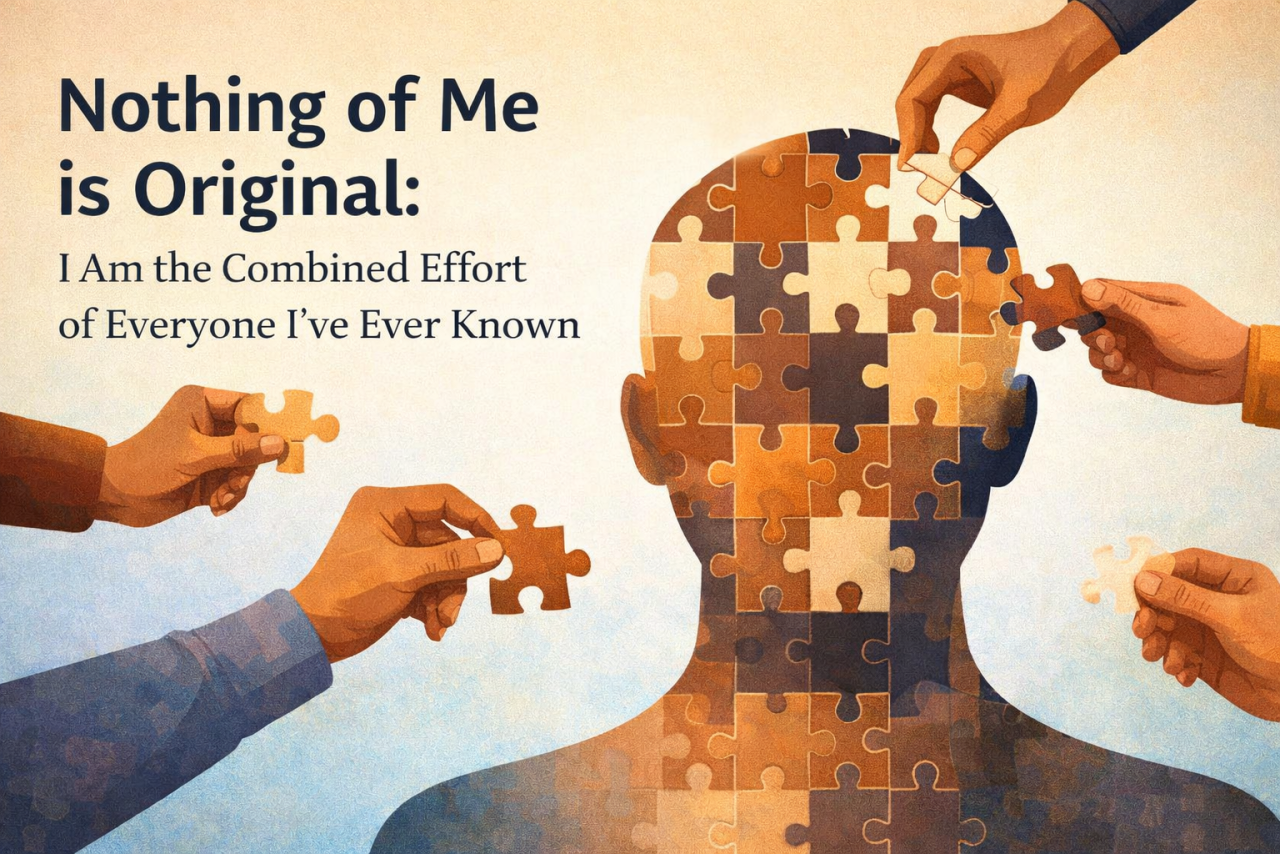
The Delhi High Court has once again reminded the nation that discrimination based on gender cannot be justified in any corner of modern society, especially in institutions that protect the country. In a landmark judgment, the court directed the central government to appoint a woman candidate as a pilot in the Indian Air Force. This decision was not just a verdict for one individual but a powerful message for every woman who dreams of wearing the uniform and serving the nation.
The petition was filed by a woman who had cleared the National Defence Academy and Naval Academy Examination conducted by the Union Public Service Commission in 2023. She ranked seventh among women candidates. Out of the 92 vacancies for flying posts, two were reserved for women. While those seats were filled, 20 other seats remained vacant after 70 of the 90 male vacancies were taken up. The petitioner sought fair consideration for these unfilled seats, arguing that gender should not stand in the way of her rightful claim.
The High Court, through a bench of Justices C Hari Shankar and Om Prakash Shukla, agreed with her plea. The judges stated that the difference between male and female is merely a matter of chromosomes, nothing more than a biological circumstance. To give it unnecessary importance in professional opportunities would be illogical and outdated. Their words made it clear that society must rise above stereotypes if it hopes to move forward.
The heart of this case lies in the principle of equal opportunity. If the flying vacancies in the Indian Air Force are open to all qualified candidates, then to deny a capable woman her place simply because she has already been placed under a smaller quota is both unfair and discriminatory. The bench noted that the official notification never claimed that those 90 seats were exclusively for men. Therefore, leaving 20 positions unfilled while denying them to deserving women was a wrong interpretation of policy.
The ruling emphasized that merit should be the only measure. The court declared that in today’s India, where women have proved themselves in every profession, there can be no justification for reserving competence only for men. The Armed Forces are no longer restricted to being a men’s domain, and women must be considered equally fit for responsibilities, whether as pilots, officers, or leaders.
This judgment carries significance far beyond the Indian Air Force. It touches the larger issue of women’s empowerment and representation in areas long dominated by men. For centuries, women in India were seen as confined to domestic roles. However, history is rich with examples of women breaking such barriers. From Rani Lakshmi Bai who fought in the battlefield to modern achievers like Kalpana Chawla and PV Sindhu, women have shown that courage and determination know no gender. The court’s statement is another milestone in this journey.
Encouraging women to step into challenging roles is not only about justice, it is also about strengthening the nation. Studies have shown that diverse teams perform better because they combine different perspectives and approaches. In defence services, where decision-making can affect national security, having women officers adds depth to the leadership pool. Their inclusion strengthens the moral and professional fabric of the Armed Forces.
At a social level, decisions like this inspire young girls across the country. When they see a woman appointed as a pilot in the Air Force, it sends the message that no dream is too high. It motivates parents to support their daughters’ ambitions rather than restrict them. It also educates society that women are not weak dependents but equal contributors in every field.
The Delhi High Court’s ruling is also a reminder to policymakers. Reservation and quotas were introduced to provide opportunities where barriers existed. But they should never become tools for limiting deserving candidates. Instead, authorities must create a system where gender is not even a consideration once eligibility and merit are proven. Fairness must be about equal chances, not artificial ceilings.
The petitioner in this case did not just fight for herself; she fought for every aspiring woman who wishes to serve the nation without being judged by her gender. Her determination, and the court’s support, marks a step toward a future where women will not be seen as exceptions in the Armed Forces but as natural equals.
India today is aiming to become a global power. This dream cannot be realized if half the population is restricted from contributing fully. Empowering women is not a favor; it is a necessity for national growth. The decision of the Delhi High Court is a timely reminder that the doors of opportunity must remain open for all, regardless of gender.
As the petitioner finally earns her rightful place, one hopes that her story will inspire thousands more to chase their dreams. The message is clear: there is no room for bias in the skies of India, and every capable hand must be allowed to steer the nation forward.





















